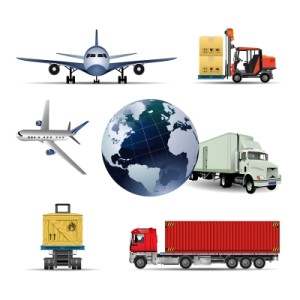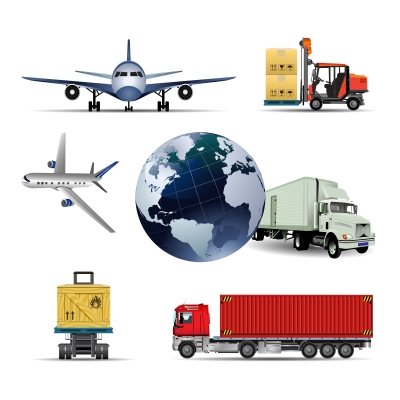
THE wait is finally over. Five years after the issue was first discussed, the Bureau of Customs (BOC) has issued the rules and regulations for the adoption of the Authorized Economic Operator (AEO) program in the Philippines.
Guidelines under Customs Memorandum Order No. 14-2013 www.scribd.com/doc/190355407/Customs-Memorandum-Order-14-2013 dated Dec. 3 seek to implement the AEO program, a voluntary certification scheme that will help certain economic operators in the global supply chain adopt “acceptable control measures” to enhance cargo security.
Rozzano Rufino Biazon issued the CMO four days before he was to vacate his post as customs commissioner following his irrevocable resignation to face pork-barrel misuse charges.
Establishing the AEO program locally complies with the Philippines’ commitment to implement the World Customs Organization’s (WCO) Framework of Standards to Secure Global Trade (SAFE Framework).
A component of the WCO’s SAFE Framework introduced in 2005, AEO is “a model program that many customs administrations are pursuing as a means to both secure and facilitate global trade, while … providing incentives that benefit both customs and traders that have decided to work in partnership,” according to the WCO.
Since the 9/11 terrorist attack on the United States, security and facilitation of global trade have gained the spotlight and changed the perspective on safety and security all around the world.
An AEO is defined as a party involved in the international movement of goods complying with WCO equivalent supply chain security standards. AEOs may include manufacturers, importers, exporters, brokers, carriers, consolidators, intermediaries, ports, airports, terminal operators, integrated operators, warehouses and distributors.
The AEO program in the US is called Customs-Trade Partnership Against Terrorism. During the term of former BOC Commissioner Napoleon Morales, the proposed Philippine AEO program was called Customs-Trade Alliance to Protect and Accelerate Trade.
Under CMO 14-2013, the AEO program will initially apply to exporters and locators inside the Clark Freeport Zone that are within the jurisdiction of the Port of Clark.
At the directive of the customs commissioner, the order will cover AEO applicants in other selected air and sea ports.
The program will be administered by the port concerned but directly supervised by a committee headed by the deputy commissioner for Assessment and Operations Coordinating Group.
Requirements for accreditation
In applying for AEO accreditation, a company, as a minimum standard, should have at least P100 million in authorized capital stock or its equivalent in US dollars and must also have a positive debt-to-equity ratio. It must have no pending intra-corporate dispute cases, tax and customs issues, and the like.
The application must include duly filled application forms, payment for application and security assessment fees; mayor’s permit/certificate of registration if applicant is a freeport/ecozone locator; Securities and Exchange Commission or Board of Investments certificate of registration; general information sheet; income tax return and audited financial statements for the last three fiscal years; other documents that will be required by the BOC.
A mandatory interview will also be held upon submission of application.
The AEO accreditation will be valid for two years and an application for renewal must be filed 30 days before its expiry date.
The accreditation will be suspended or revoked if the company does not abide by the terms and conditions; violates customs laws and regulations; or opts to withdraw from the program. A suspended company gets five days to appeal to the program committee chairman; in case the accreditation is revoked, the company may appeal to the commissioner.
Benefits
Among the benefits of AEO-accredited companies from the robust security measures are increased visibility of goods in the supply chain, reduction in pilferages, and greater efficiency in supply chain management.
The accredited operators will also be recognized as “trusted allies by the BOC” entitled to dedicated processing lanes, resulting in reduced processing periods; last priority when it comes to post-entry audit; recognition as “low risk” company; reduced inspection or expedited clearance by other customs authorities should certified status be also recognized by other countries under a Mutual Recognition Agreement established by bilateral or multilateral arrangements; and other trade facilitation benefits the BOC may grant under existing rules and regulations.
AEO accreditation will be valid for two years.
In the Philippines, the first national conference on safe trade and AEO was held in May 2008. During the conference, it emerged that the BOC was not capable of implementing the program at that time because the agency’s personnel lacked technical knowledge on the issue.
The AEO program had long been implemented in the US, Europe, Japan, Singapore, Taiwan, Korea, China, Australia, and New Zealand and many other countries. –– Roumina M. Pablo
Image courtesy of nirots / FreeDigitalPhotos.net





